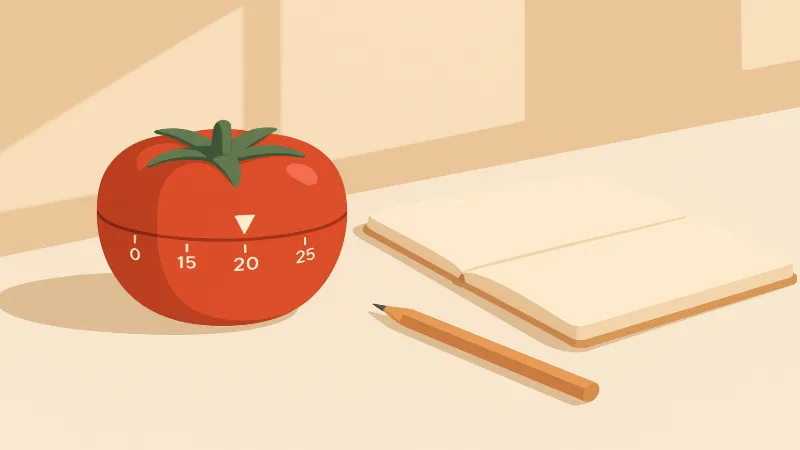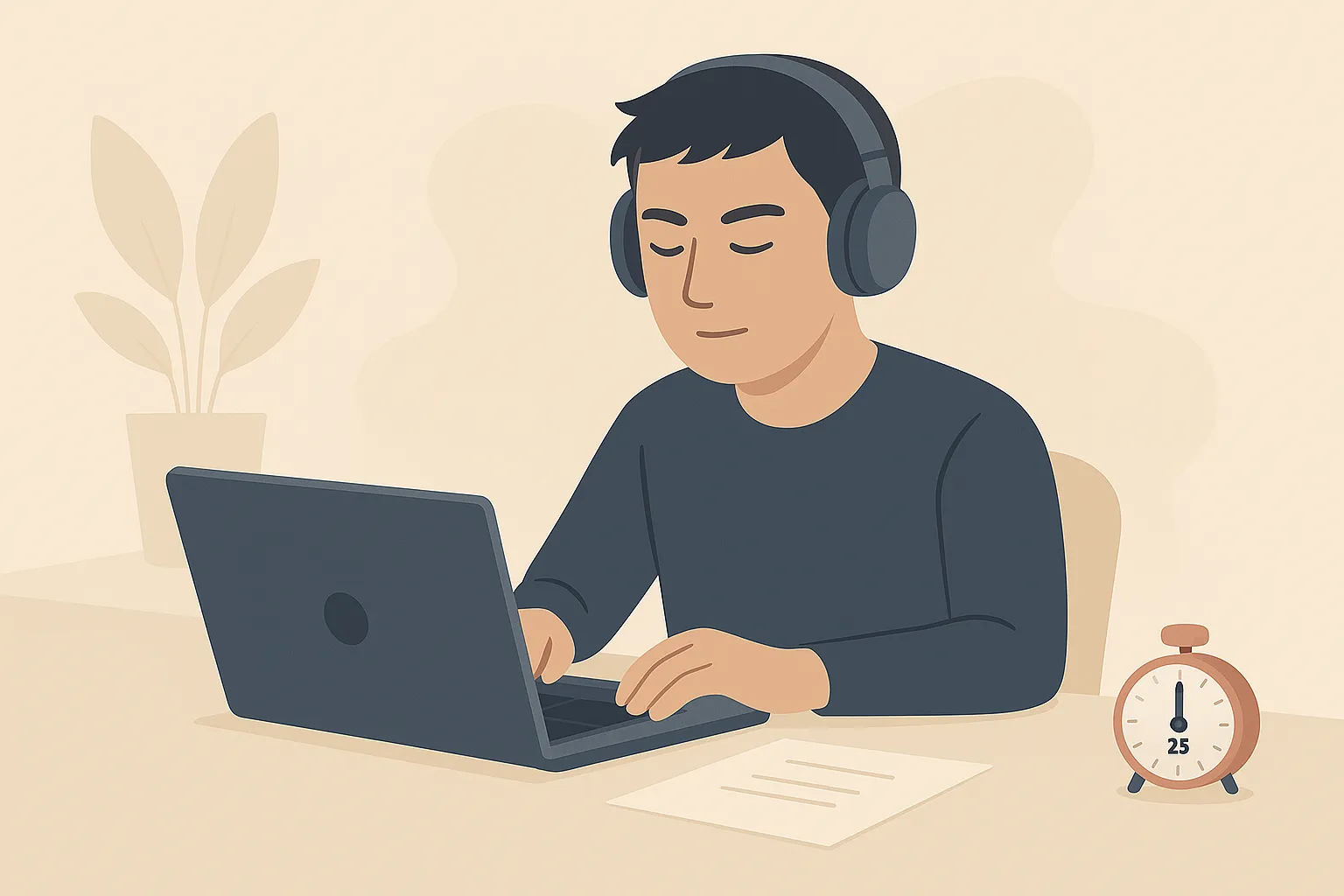Why We Lose Focus & How Distraction Affects You
Why We Lose Focus: Causes of Distraction and Its Negative Effects
We live in an age of constant notifications, open browser tabs, and endless information.
No wonder it's so hard to stay focused.
But why do we lose focus so easily? And what does it actually cost us?
In this article, you’ll explore the key causes of distraction and the hidden impact it has on your brain, productivity, and sense of well-being.
🧠 What Causes Distraction?
Distraction happens when your attention shifts from something important to something less important, often without you realizing it.

Here are the most common causes:
1. Digital Overload
- Constant notifications, pings, and emails
- Social media apps engineered for addiction
- Too many browser tabs and multitasking
Your brain didn’t evolve to handle this much stimulation at once.
2. Lack of Clear Priorities
When you’re unsure what to do next, your brain seeks dopamine hits — like checking messages, scrolling, or watching videos.
3. Mental Fatigue
Focus is a limited resource. As the day goes on, decision fatigue and lack of sleep weaken your attention span.
Without breaks, your brain starts seeking easier tasks — usually the distracting kind.
4. Emotional Discomfort
Distraction is often a form of emotional escape from:
- Boredom
- Anxiety
- Overwhelm
- Fear of failure
You’re not lazy — your brain is avoiding discomfort.
5. Environment Triggers
- Noisy spaces
- Cluttered workspace
- Phone on desk
- Open chat windows
Even small visual or auditory cues can derail deep focus.
⚠️ The Negative Effects of Losing Focus
Losing focus isn’t just a productivity issue — it rewires how your brain operates.

⏳ 1. Lower Productivity
Multitasking and context switching reduce your efficiency by up to 40%.
You may feel busy, but you get less meaningful work done.
🧠 2. Shallow Thinking
Frequent interruptions pull you into surface-level thinking.
You lose the ability to concentrate deeply, which is where real insights and creativity live.
🧱 3. Increased Stress & Anxiety
A scattered brain feels overwhelmed. Incomplete tasks pile up, and your nervous system stays activated — even during rest.
Distraction feels easy now, but it builds long-term stress.
❌ 4. Missed Goals & Regret
When you’re always reacting, you lose touch with your big-picture priorities.
Weeks pass without progress. This leads to guilt, procrastination, and burnout.
🧭 What You Can Do
The good news? Focus is a skill — and it can be trained.

Start with:
- Time Blocking
- The Pomodoro Technique
- Breathing Techniques for Focus
- Creating a distraction-free workspace
- Practicing digital mindfulness
🧘 Want to reclaim your focus? Try our Pomodoro Timer or Breathing Tool to reset your attention.
📚 Related Reads

How to Stay Focused at Work
Struggling with distractions? Learn 10 practical ways to improve your focus at work, manage your attention, and get more done.
Read more
Deep Work Method Explained
Learn the Deep Work method — a proven strategy to help you focus without distraction, get meaningful work done, and thrive in a world of shallow noise.
Read more